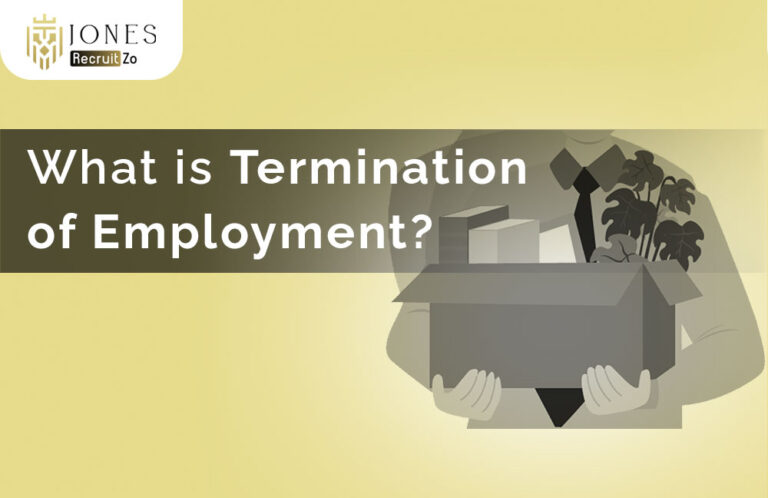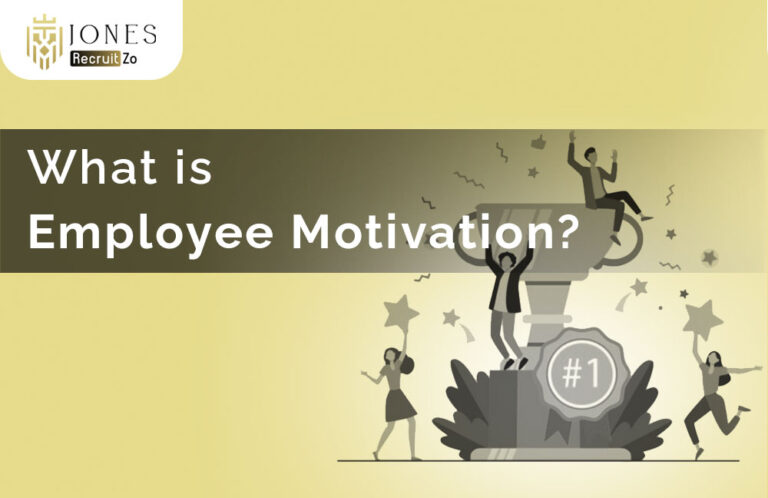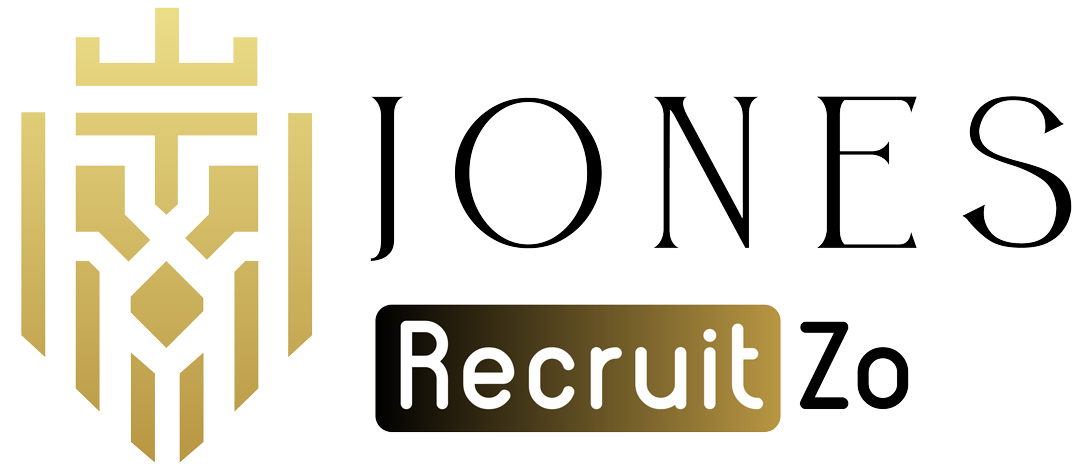What is an employee promotion?
An employee promotion is the transition of an employee to a higher position within an organisation, often involving increased responsibilities, better remuneration, and enhanced benefits. Promotions acknowledge the employee’s efforts, skills, and contributions while acting as a motivating factor for improved performance in the new role. Promotion is thus an essential ingredient for career progression where an employee acquires new knowledge and responsibilities in a leadership capacity.
Companies with good promotion architecture foster an environment of high performance by instilling confidence and encouraging loyalty among employees. Furthermore, promotions assist organisations in retaining top talent and ensure that leadership roles are filled by able and experienced hands.
Types of employee promotion

Employee promotions come in different forms, depending on the structure and policies of an organisation. Understanding these types helps companies implement fair and effective promotion strategies.
-
Vertical Promotion
In the vertical promotion, the person is promoted to a job with increased responsibilities, authority, and salary. It involves a change of job title, and these promotions typically require a new set of skills or leadership capabilities.
-
Horizontal Promotion
In a horizontal promotion, an employee moves to a different role at the same level but with additional responsibilities or specialised tasks. In certain cases, there may not be a raise in salary. However, the employee will gain skills and develop professionally.
-
Dry Promotion
In a dry promotion, an employee is promoted to a higher title but without any salary or additional benefits. This type of promotion generally occurs in companies that acknowledge the contribution of employees whenever finances would permit direct promotional incentives.
-
Open and closed promotion
Open promotions allow all employees interested in applying for higher positions, encouraging a competitive meritocracy in recruitment. Closed promotion, conversely, is availed directly to a targeted employee or group while excluding everyone else.
Importance of Employee Promotion
Employee promotions are crucial for maintaining motivation, enhancing productivity, and fostering a strong workplace culture. They serve as a tool for employee retention and overall business growth.
-
Boosts Employee Morale
When employees see their hard work rewarded with promotions, they feel valued and inspired to do an even better job. Increased job satisfaction and enthusiasm at work frequently follow.
-
To attract and retain employees
These companies with prosperous career paths are likely to recruit and keep the best talent around. A solid promotion scheme gives employees confidence that their progress in the organisation matters.
-
Builds a Positive Work Culture
A meritocracy that promotes employees based on performance is an asset for creating a positive and motivating work environment. Thus, good competition and fairness between employees will motivate them to work hard.
-
Reduces employee turnover
If employees do not perceive growth, they are inclined to leave for better opportunities. Promotions occurring more frequently increase retention of good employees and reduce turnover.
-
Increases career growth opportunities
Promotions bring new challenges and learning experiences that foster employees’ growth and development later into better leadership.
-
Enhances Productivity
When employees are promoted, the feeling of being more responsible and accountable usually translates into high organisational efficiency and productivity.
How to Implement a Fair Promotion Policy

A well-structured promotion policy ensures transparency and fairness while maintaining employee satisfaction and organisational growth.
-
Establish Clear Promotion Criteria
A transparent and well-defined promotion policy helps the employees understand the requirements for advancement. It also keeps measurable performance indicators fair and consistent.
-
Provide Opportunities for Employee Development
Every organisation should invest in training courses under the supervision of a mentor and skill development workshops to prepare employees to move to higher postings. The career development initiatives should assure the future supply of leadership.
-
Collect Performance Reviews Regularly
Regular performance evaluations help to identify employees consistently performing well and hence deserve to be rewarded. Constructive criticism enables an employee to work on the loopholes and improve their possibility of being promoted.
-
Balance Internal and External Hiring
External recruitment draws in fresh ideas and expertise even though internal promotion boosts loyalty. Thus, a company will be operating in a dynamic environment that is also competitive.
-
Ensure Transparency
A clear, objective promotion process builds trust in the work population, thus eliminating favouritism. Open communication regarding what constitutes a promotion and every decision made towards attainment encourages integrity and fairness.
FAQs
1) What is an employee promotion?
Promotion of an employee means the advancement of an employee to a higher position within an organisation, typically with increased responsibilities, higher salaries, and better benefits.
2) What are the types of job promotion?
The four major types of job promotions are vertical promotions, horizontal promotions, dry promotions, and open-and-closed promotions. Each type varies based on the level of responsibility involved, pay increase, and selection process.
3) What are the benefits of employee promotion?
Employee promotions raise morale, increase job satisfaction, improve productivity, decrease turnover, build healthy work culture, and provide career growth opportunities.
4) How to create a promotion policy?
A fair promotion policy should be characterized by clear selection criteria, regular performance appraisals, employee development programs, transparency, and a balance between internal and external hiring.







